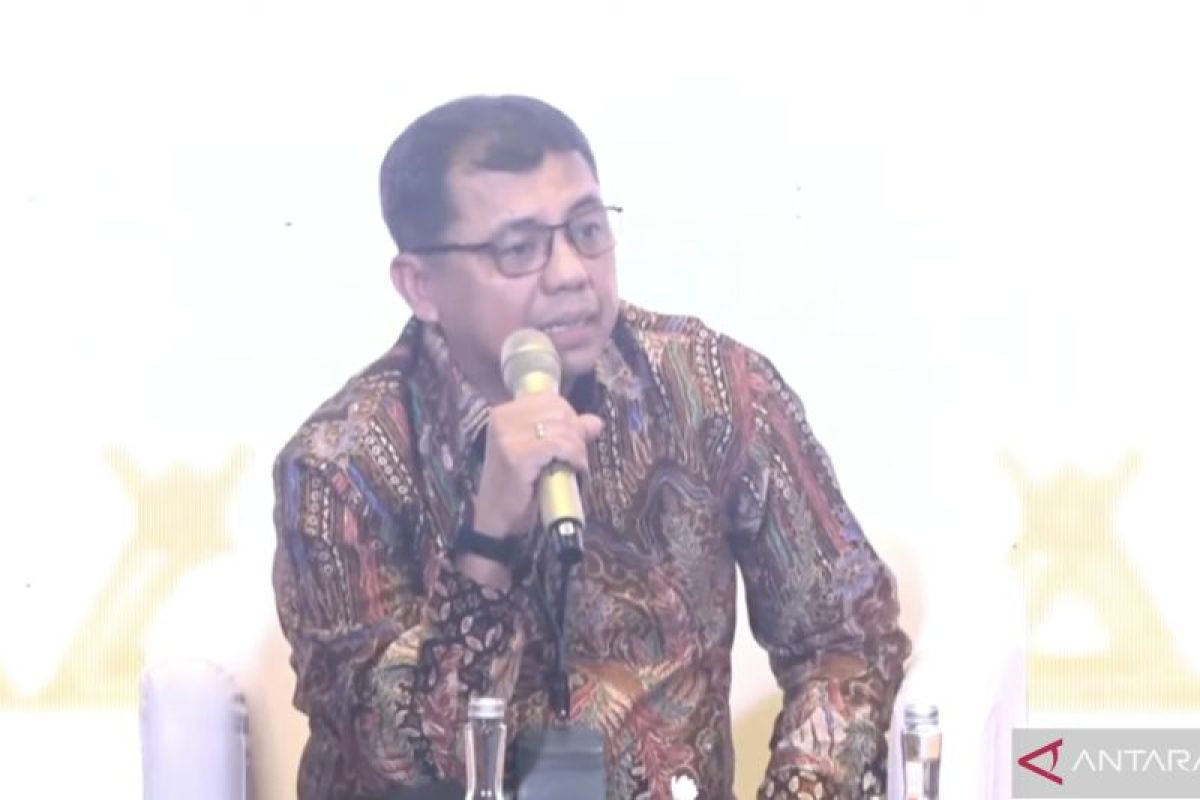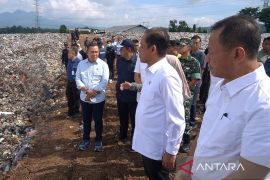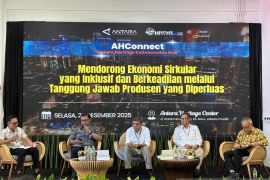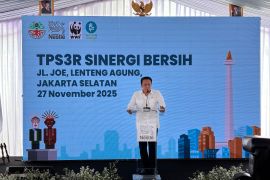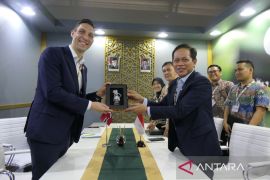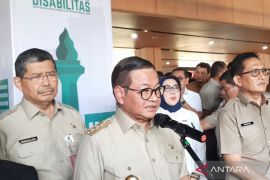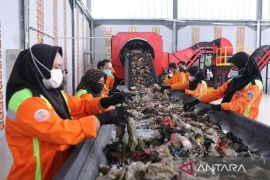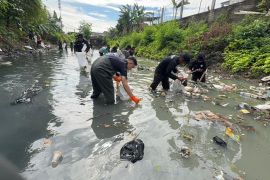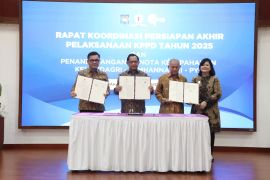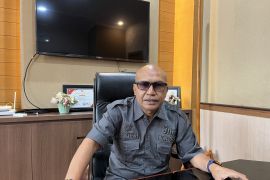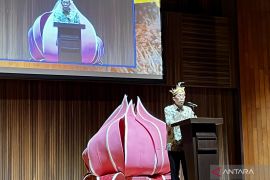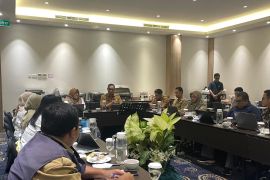"Professionals need to collaborate with regional governments so that waste management can be carried out professionally and modernly,"Jakarta (ANTARA) - Waste management director at the Ministry of Environment and Forestry, Novrizal Tahar, has said that waste management industrialization is among the necessary measures to support waste management efforts in Indonesia.
"We need to build waste management industrialization. Why? Because in managing waste, there are technology, management, and human resources. Thus, it must be carried out professionally and modernly," he expounded during a meeting on waste management, which was followed online from here on Tuesday.
At the meeting, which was attended by representatives of regional governments and businesses, he highlighted that waste management must be carried out seriously.
In particular, he asked district and city governments not to directly involve themselves in collecting and transporting waste. Instead, they were encouraged to hand the task over to professionals who have the capacity to manage waste.
"Professionals need to collaborate with regional governments so that waste management can be carried out professionally and modernly," he said.
Regarding waste management industrialization, which applies the circular economy principle, he underscored the need to utilize technology to put waste to use, such as for generating energy and materials for industries.
According to him, Indonesia has many potentials in waste management that have not been utilized.
For example, livestock feed industries in the country still import wheat offal for feed materials, he said.
In fact, waste management using maggots to break down organic waste could help replace the feed materials that are currently still being imported, he added.
He then highlighted the potential for turning waste into energy, which has been tapped in 12 cities, as well as waste management using refuse-derived fuel (RDF) technology, which turns inorganic waste into alternative fuel in various industries.
Especially for RDF, Indonesia already has potential off-takers, including cement industries in 31 cities and districts of 15 provinces and coal-fired power plants in 47 cities and districts of 26 provinces, he said.
Related news: Regions urged to increase waste sorting to prevent landfill fires
Related news: Ministry highlights need to improve waste handling to cut emissions
Translator: Prisca Triferna, Raka Adji
Editor: Arie Novarina
Copyright © ANTARA 2024
